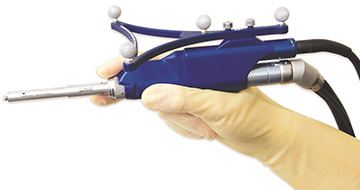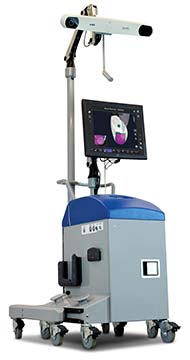Find an Orthopedic Specialist
Dislocation and Treatments
What Is Dislocation?
A joint is an area where two or more bones connect. A dislocation occurs when an external force knocks the bones of a joint out of position. Joints include your jaws, shoulders, fingers, elbows, ankles and knees. A fall, blow or playing contact sports causes joint dislocation.
The shoulder joint is the most mobile joint in the body. It can turn in many directions, which makes it also the most commonly dislocated joint. Aside from playing sports, studies show that young males and older women are at a higher risk of suffering from a dislocated shoulder joint. Women aged 80 to 90 years old suffer from dislocated shoulders due to falls at home.
How to Tell If Your Joint Is Dislocated?
A dislocation tears ligaments or tendons. For example, the most common dislocation in the shoulders is when the joint slips forward (anterior instability) and the arm bone is moved forward and down out of its joint. Dislocated joint symptoms include:
- Pain
- Swelling
- Numbness
- Weakness
- Bruising
How to Treat a Dislocated Joint
A dislocated joint is an emergency. While you wait for medical care, you may apply the following initial treatment to the affected joint:
- Let the joint rest. Do not attempt to move or jam a dislocated bone back. Sudden movement can damage blood vessels, muscles, ligaments and nerves.
- Put an ice pack on the area around the joint to ease swelling and pain.
- Take pain relievers, such as ibuprofen or acetaminophen.
Your doctor will perform a process called closed reduction on your dislocated shoulders. The process involves placing your humerus back into the joint socket to stop the pain and put the shoulder joint back in place.
The sore area can benefit from cold compress post-recovery. Your doctor may recommend a sling or other device to immobilize your injured joint for several weeks following treatment temporarily.
Your doctor may recommend rehabilitation exercises for you once the pain and swelling subside to help restore your joint’s range of motion and strengthen the muscles. Dislocation may become a recurrent problem. Wearing a brace can help, but if therapy and bracing fail, your ligaments may need to undergo surgery for repair.
When Should I Call the Doctor?
If you have a dislocated joint, see an orthopedic doctor right away or call 911. It is important to remember that once you dislocate a shoulder or kneecap joint, you’re more likely to dislocate it again. Always wear protective gear to prevent future dislocations if you play contact sports.
Sources:
MedlinePlus
American Academy of Orthopaedic Surgeons
KidsHealth



